
OR
Our constitution is one of the most progressive documents
Published On: September 18, 2019 01:30 AM NPT By: Jivesh Jha
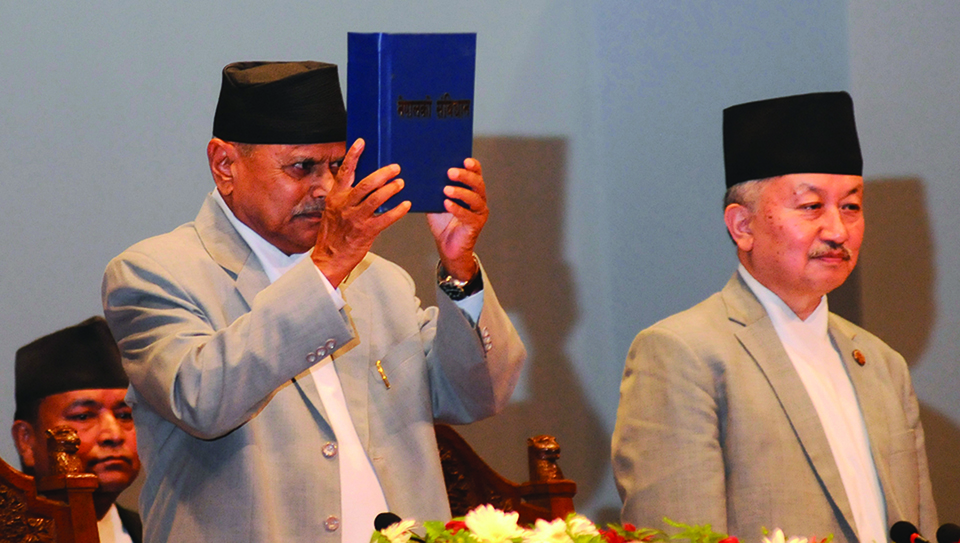
The Constitution of Nepal—like other constitutions of the world—will also evolve over the time
On September 20, 2015, Nepal embraced the latest constitution. It is the first constitution promulgated by people’s elected representatives as per the mandate of the Comprehensive Peace Accord signed between the Government of Nepal and the erstwhile Communist Party of Nepal (Maoist) in 2006 to formally end a decade-long (1996-2006) Maoist insurgency. After four years of our new constitution, there are lots of things to celebrate.
Few aspects of our constitution are worth remembering. One, it’s the first constitution to affirm the federal republic democracy. Two, the conscience of the constitution is reflected under Part-III (fundamental rights) and Part-IV (directive principles). The extensive list of fundamental rights and the concept of welfare state envision an empowered citizenship. Special provisions are in place for the advancement of weaker sections of society. All government agencies and institutions owe their origin to the constitution and derive their powers from the document. Our constitution mandates that the powers of the state must be exercised within the boundary of the document.
The constitution seeks to strengthen the newborn republic on solid foundations of pluralism and representative socio-economic-political democracy. Like other country’s constitutions, our document has also adopted progressive provisions to implement federalism.
Ensuring the rights of women as fundamental rights and the provision of 33 percent women representation in parliament are worth celebrating. And India has been considering adopting similar constitutional framework since 1996. Even after two decades of struggle to pass the Women’s Reservation Bill, it is still pending in the Lower House. India still has miles to go to ensure the reservation of one-third of seats for women in legislative bodies due to lackadaisical attitude of the major parties represented in parliament.
In yet another breakthrough, Article 70 states that “while conducting election of president and vice-president under this constitution, the election shall be held so as to represent different gender or communities.” This provision ensures that our country’s diversity is reflected at the highest levels of our government. Similar arrangements have been put in place while electing speaker and deputy speaker of House of Representatives, chairperson and vice-chairperson of the National Assembly, mayor and deputy mayor of municipalities and other (elected) executive offices. The chief or deputy in these positions must be of different gender. This is a unique feature of our constitution.
Our constitution is third in the world, along with South Africa and Ecuador, to expressly guarantee the rights of transgender people. Concerns of these people also make sense politically, since the persons with disabilities and sexual minorities constitute a sizeable vote bank. Our constitution is a step ahead in the right direction to acknowledge the rights of sexual minorities and disabled persons.
Article 12 confers an individual to seek citizenship certificate with gender identity. An individual can choose gender identity, without third party intervention. Our judiciary also stood by trans-gender people and as a result of which the Supreme Court of Nepal, in the case of Sunil Babu Pant v. Government of Nepal in 2007, held that the persons were entitled to select their gender identity based on their “self-feeling.” Also, the charter permits the state to make provisions for weaker sections of society, including sexual minorities, to participate in government agencies on the basis of principle of inclusion.
Some of our constitution’s progressive rights include the rights of women, rights of Dalits; victim’s right to receive compensation from the polluter; right to free higher education to citizen with disability and economically poor conditions; rights of senior citizens; right to social justice; right to social security; rights of children; rights to food; right to health care; right to language and culture; the rights regarding clean environment; right to privacy; or right to information.
There were debates, heated arguments, and street protests. Our constitution has taught ordinary people that despite extraordinary diversity, ethnicity, caste or religion, Nepal must remain one and march ahead with full faith on democratic credentials.
There is no need to be disappointed with a handful number of conflicting provisions; the constitution of Nepal—like other constitutions of the world—will also evolve over the time. Still, the need of the hour is to consolidate the democratic credentials and amend the conflicting provisions. Moreover, it’s high time to ensure the wider ownership of our constitution, instead of ignoring those marching against the document.
The Madheshi parties, who are not going to celebrate the Constitution Day on September 20, should learn that they are in the wrong track. If they were to ultimately reject the constitution, why did they accept powers and position under the roof of the same constitution?
The author, formerly a lecturer at Kathmandu University School of Law, is currently Judicial Officer at Janakpur High Court, Birgunj Bench
You May Like This
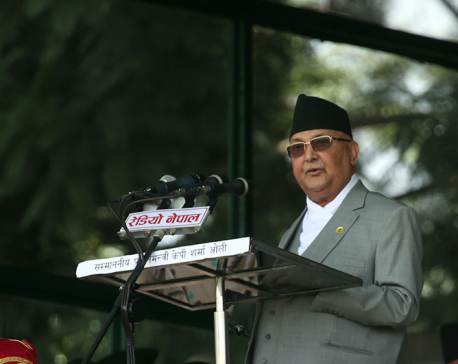
Let's not take side in matters relating to constitution implementation: PM Oli
KATHMANDU, Sept 20: Prime Minister KP Sharma Oli has said that nobody should take sides in matters relating to the implementation... Read More...

Parliamentary committee passes Housing Bill
KATHMANDU, Sept 12: The Development and Technology Committee of the House of Representatives today passed with revisions a report on... Read More...
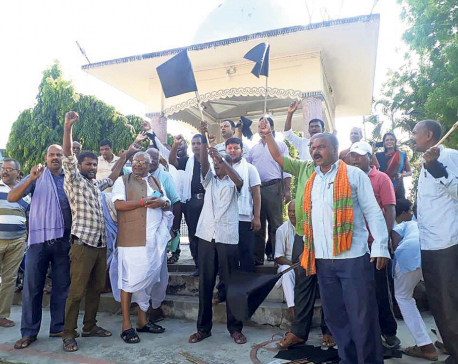
Province 2 Minister Sah leads anti-Constitution march in Saptari
RAJBIRAJ, Sept 20: On Thursday, the eve of the Constitution Day, Nawal Kishor Sah, the social development minister of Province... Read More...

Just In
- One individual held with 23 kg hashish-like substance in Bardia
- Rain with storm likely in hilly regions across the country for next 3 days
- Most of the commercial banks fail to adopt good governance practices: NRB
- NOC increases price of petrol, diesel and kerosene by Rs 3 per liter
- Nepal's Forests in Flames: Echoes of Urgency and Hopeful Solutions
- 14th Central President Running Shield sports competition to begin from today
- Iran’s counterstrike
- Japanese Ambassador commends completion of Nagdhunga-Sisne Khola tunnel






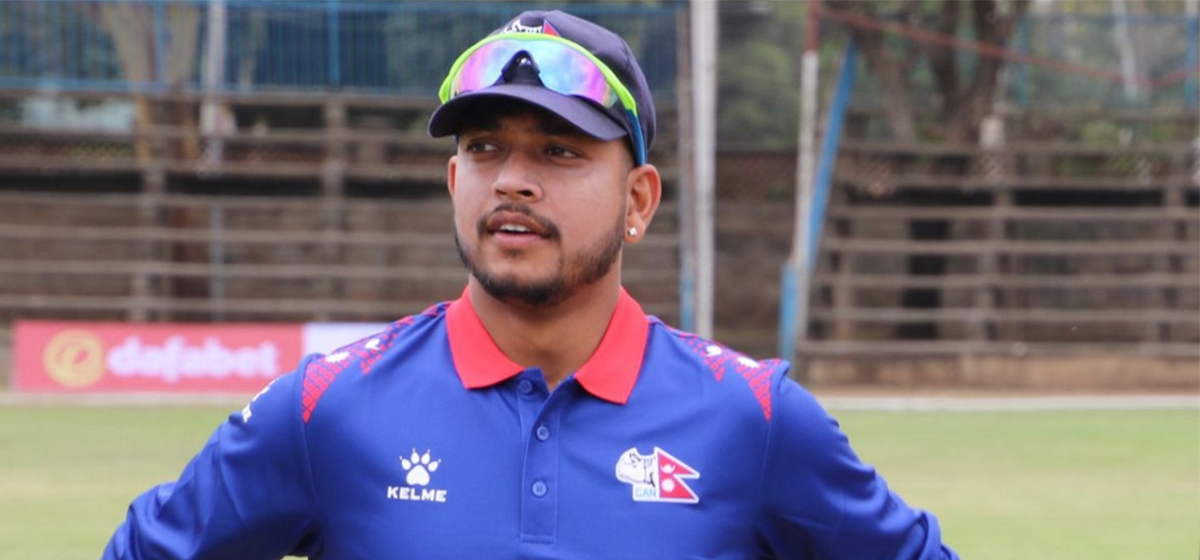
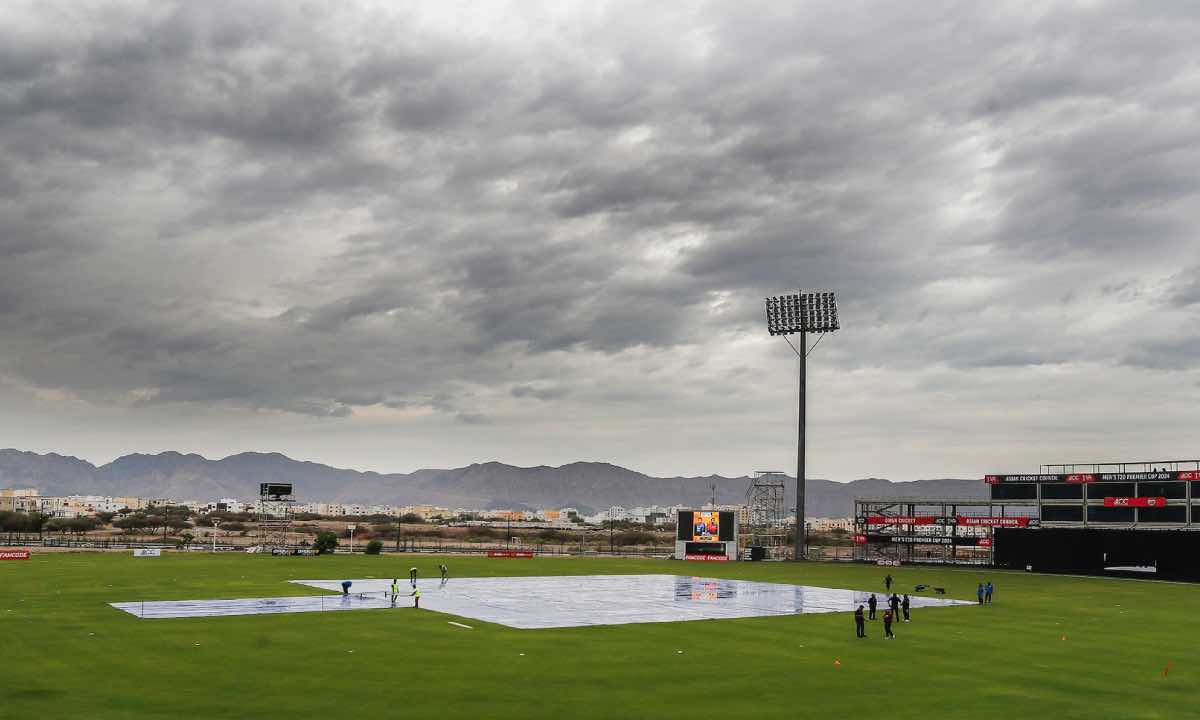
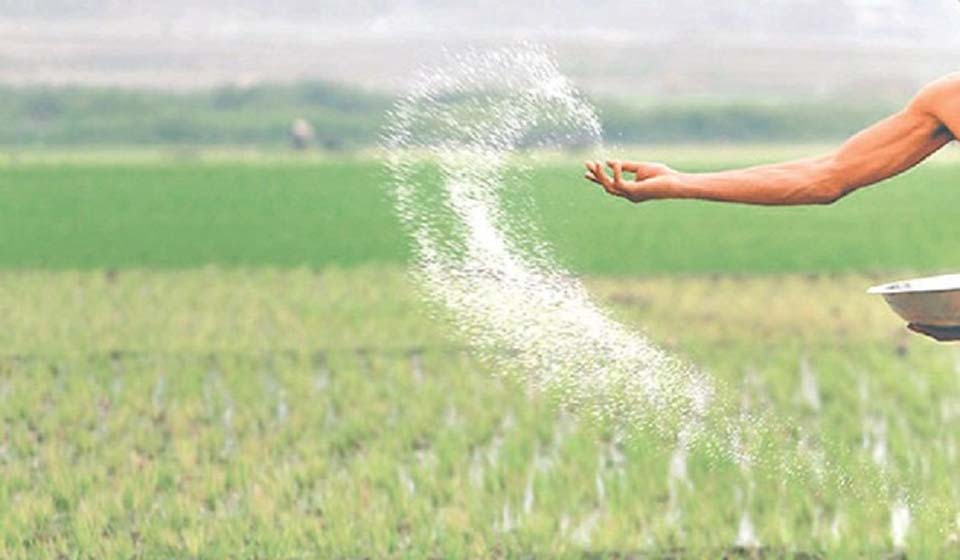

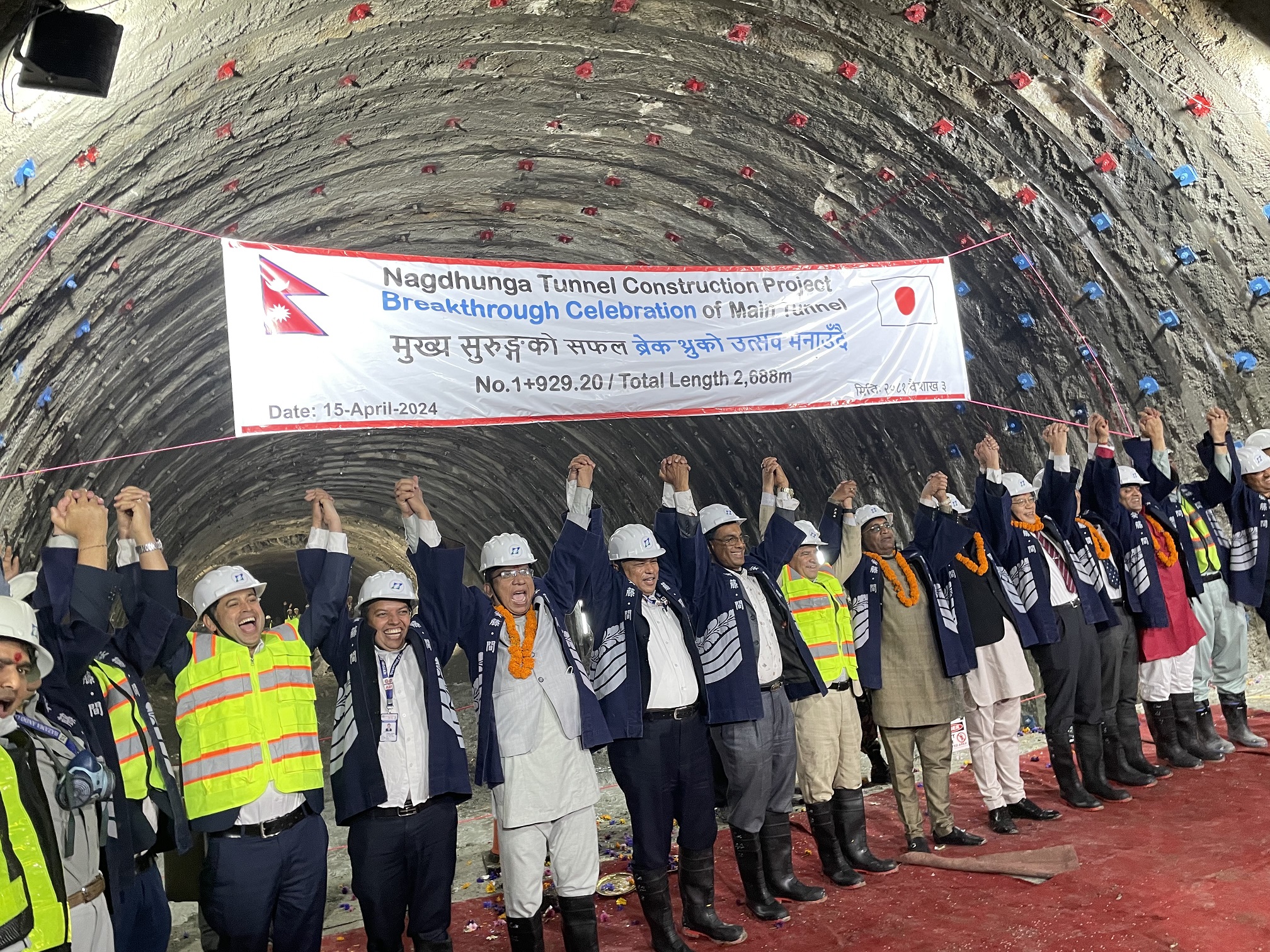
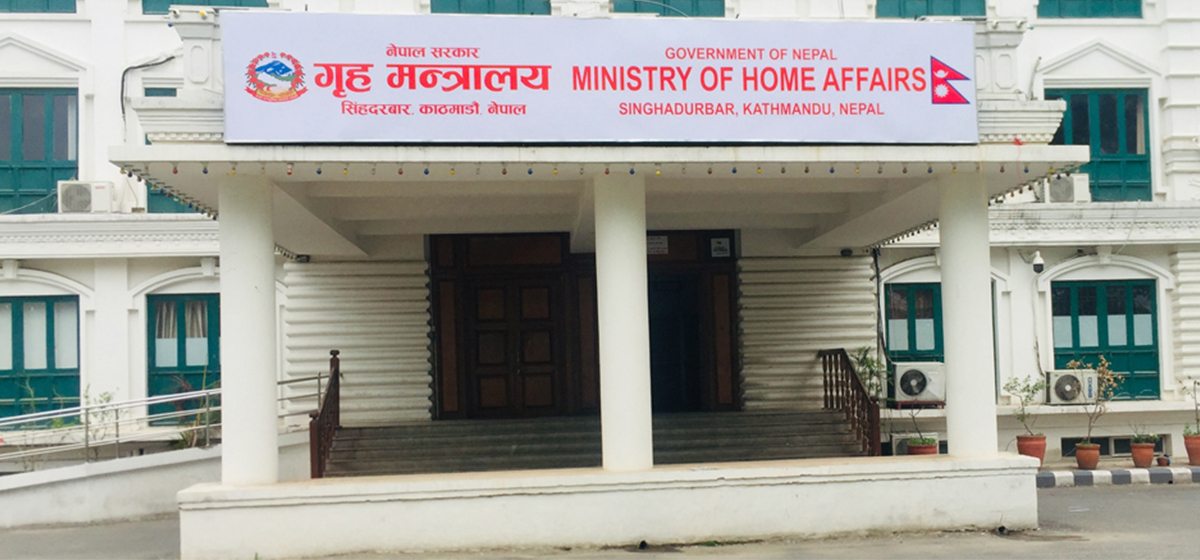





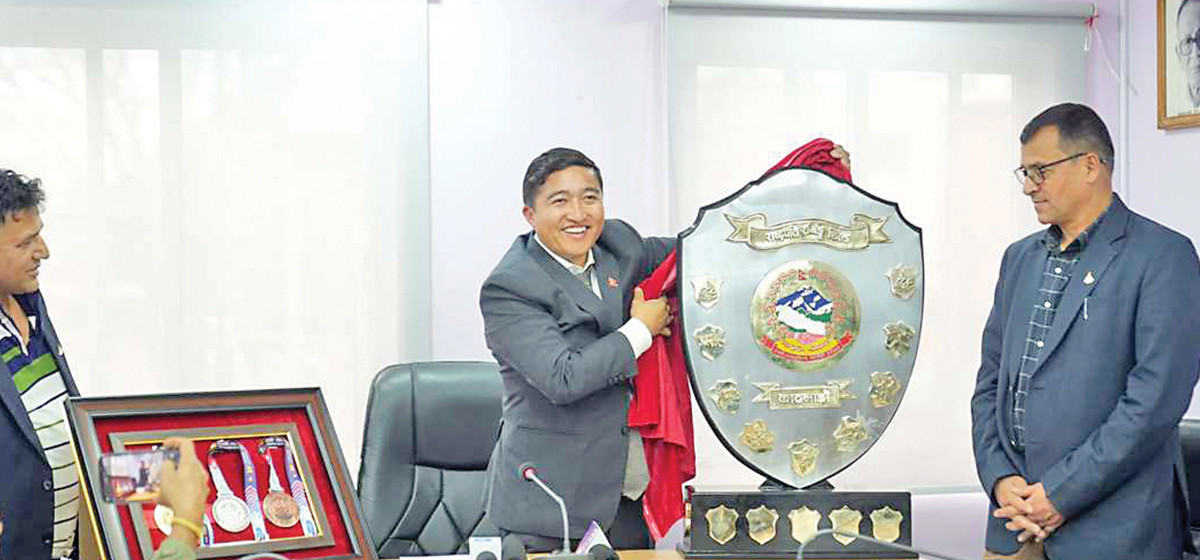
Leave A Comment